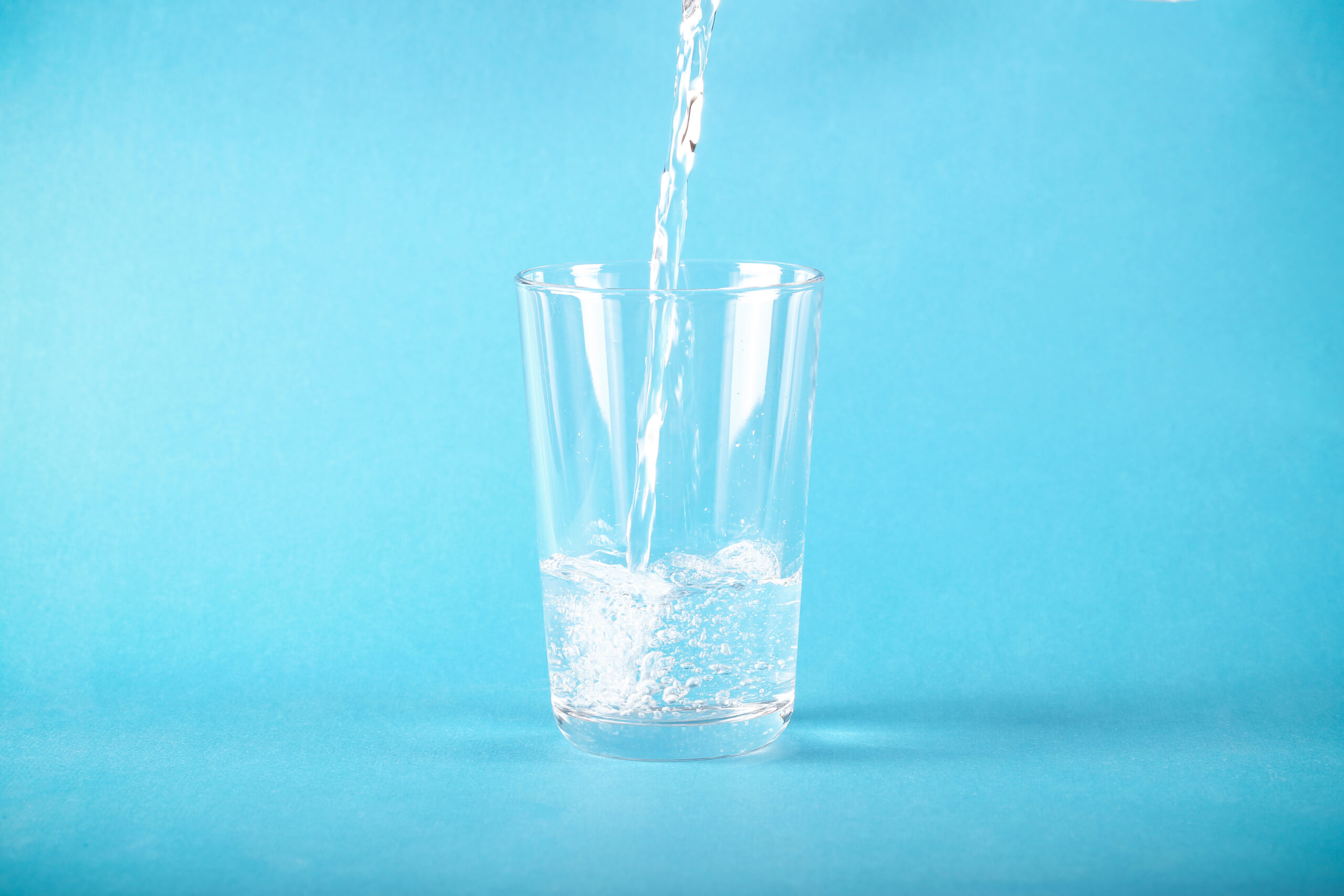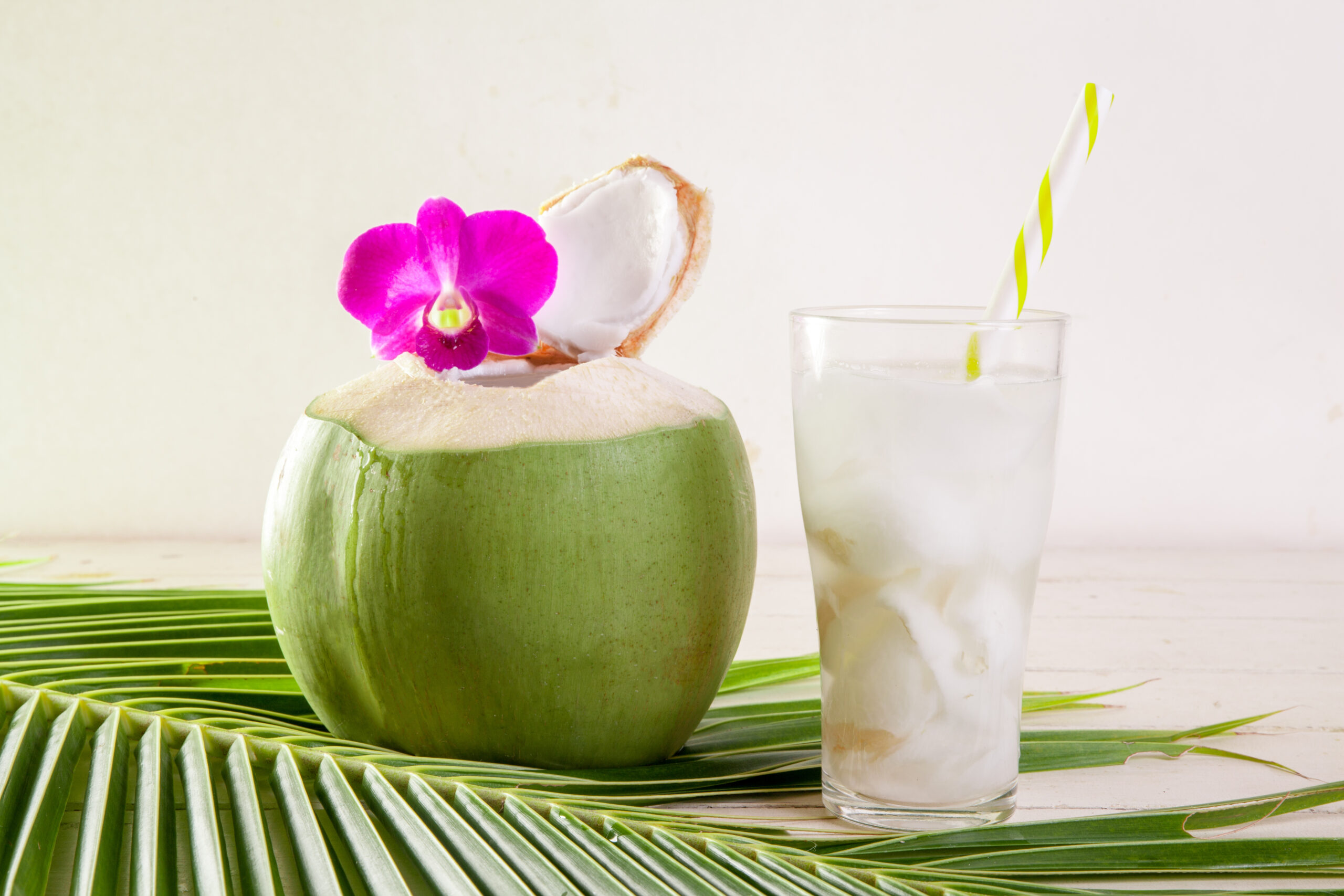
HYDRATE
HOW MUCH WATER DO YOU NEED?
Water is life. It makes up about 60% of the human body, and every cell, tissue, and organ depends on it to function properly. From aiding digestion and regulating body temperature to supporting joint health and flushing out toxins, hydration plays a vital role in keeping us healthy and energized. But how much water do you actually need to drink each day? Let’s break it down and find out.
When we don’t get enough water, we become dehydrated, leading to a range of symptoms, from mild headaches and fatigue to more serious issues like kidney stones or urinary tract infections.

The Importance of Hydration
Before diving into the specifics of how much water we need, it’s essential to understand why hydration is so critical. Our bodies use water for countless processes, including:
Regulating body temperature: Sweating and breathing release water to help maintain normal body temperature.
Digesting food and absorbing nutrients: Water is involved in breaking down food and transporting nutrients throughout the body.
Detoxifying: The kidneys filter waste from the blood, and water helps flush toxins out through urine.
Lubricating joints: Synovial fluid, which cushions joints, is made primarily of water.
When we don’t get enough water, we become dehydrated, leading to a range of symptoms, from mild headaches and fatigue to more serious issues like kidney stones or urinary tract infections.
The truth is, hydration needs vary based on several factors, including age, gender, activity level, climate, and overall health.

How Much Water Do You Really Need?
The common advice of “8 glasses of water a day” has been a long-standing guideline, but is it accurate? The truth is, hydration needs vary based on several factors, including age, gender, activity level, climate, and overall health.
General Guidelines:
The 8×8 Rule: This suggests drinking eight 8-ounce glasses of water, which equals about 2 liters, or half a gallon. While this is a simple and easy-to-remember guideline, it may not be appropriate for everyone.
Institute of Medicine Recommendations: According to the Institute of Medicine (IOM), the average daily water intake should be about:
For men: 3.7 liters (125 ounces) of total water from all beverages and foods.
For women: 2.7 liters (91 ounces) of total water from all beverages and foods.
It’s important to note that these recommendations include all sources of water, including the water content in foods like fruits, vegetables, and soups. In fact, about 20% of our daily water intake typically comes from food.
If you eat a high-protein, high-salt, or high-caffeine diet, your body may need more water to process these nutrients and maintain balance.

Factors That Influence Your Hydration Needs
Activity Level: If you’re active and exercise regularly, you’ll need to increase your water intake to compensate for fluid loss through sweat. A good rule of thumb is to drink an additional 1.5 to 2.5 cups of water for every 30 minutes of physical activity.
Climate: Hot or humid weather can cause you to sweat more, leading to increased water needs. Similarly, higher altitudes can cause increased urination and respiration, which can dehydrate you faster.
Health Conditions: Certain health conditions such as fever, diarrhea, or kidney problems may require adjustments to your hydration needs. Pregnant or breastfeeding women also need additional fluids.
Diet: If you eat a high-protein, high-salt, or high-caffeine diet, your body may need more water to process these nutrients and maintain balance.
While water is the most obvious choice, it's not the only option when it comes to hydration.

Hydration Beyond Just Water
While water is the most obvious choice, it’s not the only option when it comes to hydration. A variety of beverages and foods contribute to your daily fluid intake:
Herbal teas: Unsweetened teas like chamomile or peppermint are hydrating and can also offer calming benefits.
Fruits and vegetables: Water-rich foods such as cucumbers, watermelon, oranges, and strawberries are great choices for hydration.
Coconut water: A natural electrolyte-rich drink that helps replenish fluids lost after exercise.
Milk or plant-based milk: These options not only hydrate but also provide essential nutrients like calcium and vitamin D.
While sugary drinks, soda, and caffeinated beverages may provide some fluid, they often come with added calories, sugar, and caffeine, which can contribute to dehydration in the long run.
If you experience any of these symptoms, it’s time to rehydrate.

Signs You Need More Water
Your body has ways of signaling that it’s not getting enough water. Here are some common signs of dehydration to watch out for:
Dry mouth and throat.
Fatigue or dizziness.
Dark yellow urine (a sign your body is conserving water).
Headaches
Cracked lips or skin
Constipation
If you experience any of these symptoms, it’s time to rehydrate.
Thirst is a sign that your body is already in the early stages of dehydration, so drink water regularly even if you're not feeling thirsty.

Tips for Staying Hydrated
Carry a water bottle with you: Having water readily available makes it easier to drink throughout the day.
Set reminders: If you forget to drink water, set hourly reminders on your phone or watch.
Drink before you feel thirsty: Thirst is a sign that your body is already in the early stages of dehydration, so drink water regularly even if you’re not feeling thirsty.
Infuse your water: Add slices of fruit, herbs like mint, or cucumber to enhance the flavor and make drinking water more enjoyable.
Hydrate during meals: Drinking a glass of water with each meal is a great habit to incorporate into your routine.
Ultimately, the amount of water you need depends on your individual circumstances. Listen to your body and adjust based on your activity level, environment, and health needs. Staying properly hydrated is a simple but powerful way to boost your energy, improve your mood, and support overall health. Whether you’re sipping a glass of water or munching on hydrating fruits and veggies, making hydration a priority is one of the easiest ways to invest in your well-being. INSPIRE

More From INSPIRE Winter 2024 Issue

INSPIRE Magazine: Miranda Trudeau – How This Mom Transformed Pain Into Power
“This is the way forward. For Nathaniel.”

INSPIRE Magazine: HYDRATE – How Much Water Do You Need?
Water is life. It makes up about 60% of the human body, and every cell, tissue, and organ depends on it to function properly. But how much water do you actually need to drink each day?

INSPIRE Magazine: The Impact Of Sleep On Mental Health
The relationship between sleep and mental health is complex and multifaceted, influencing our emotional stability, cognitive function, and overall quality of life.

INSPIRE Magazine: The Power Of Positive Energy
Positive energy is contagious. When we cultivate it within ourselves, we inevitably share it with those around us. This creates a ripple effect, inspiring others to embrace positivity and contribute to a more uplifting environment.

INSPIRE Magazine Cover Story: Kayla Smith Finds Strength Through 130 Pound Weight Loss Transformation
“I thank God for growth. Every step I take is most certainly stronger than the last. God bless the strength in all of us.”

IPL Inspiration/Transformation, Fitness Angels & Evening Athlete Kayla Smith Lands Cover Of Inspire Magazine
“The moment I saw my face on the cover of INSPIRE Magazine, I was overwhelmed with emotion, and tears instantly filled my eyes. It felt like a powerful reminder that I am truly on the path meant for me. This achievement means so much because it reflects the progress, I’ve made by listening to my body, understanding my emotional needs, and finding balance through mindful nutrition and activity.”
More Health & Wellness

SEAM Magazine – Eight Essential Advantages Of Yoga
Yoga is simultaneously a form of exercise, a way to stretch and increase flexibility, and an excellent means of relaxation.

SEAM Magazine – Recover With A Bubble Bath
8 Reasons why taking that bath could be just the thing you need.

ATHLETIC Magazine – Why Training Is Mandatory For Adults
“There is age, measured in years. Then there is biological age. Two people at 60 may look entirely different.”
More From INSPIRE Magazine

INSPIRE Magazine: The Power Of Positive Energy
Positive energy is contagious. When we cultivate it within ourselves, we inevitably share it with those around us. This creates a ripple effect, inspiring others to embrace positivity and contribute to a more uplifting environment.

INSPIRE Magazine – Small Changes Create Lasting Results
No matter what your goals are, small habitual changes can lead to big improvements. This article dives deeper into the meaning of small changes in day-to-day living.

INSPIRE Magazine Cover Story: Johnny Mattern Lost 80 Pounds, Earned Top Transformation Award & Became An IPL Pro
“When I saw 230lbs on the scale, that was the eye opener for me. I looked in the mirror and I told myself, ‘I need to fix this.’ I didn’t want to be a statistic…”
